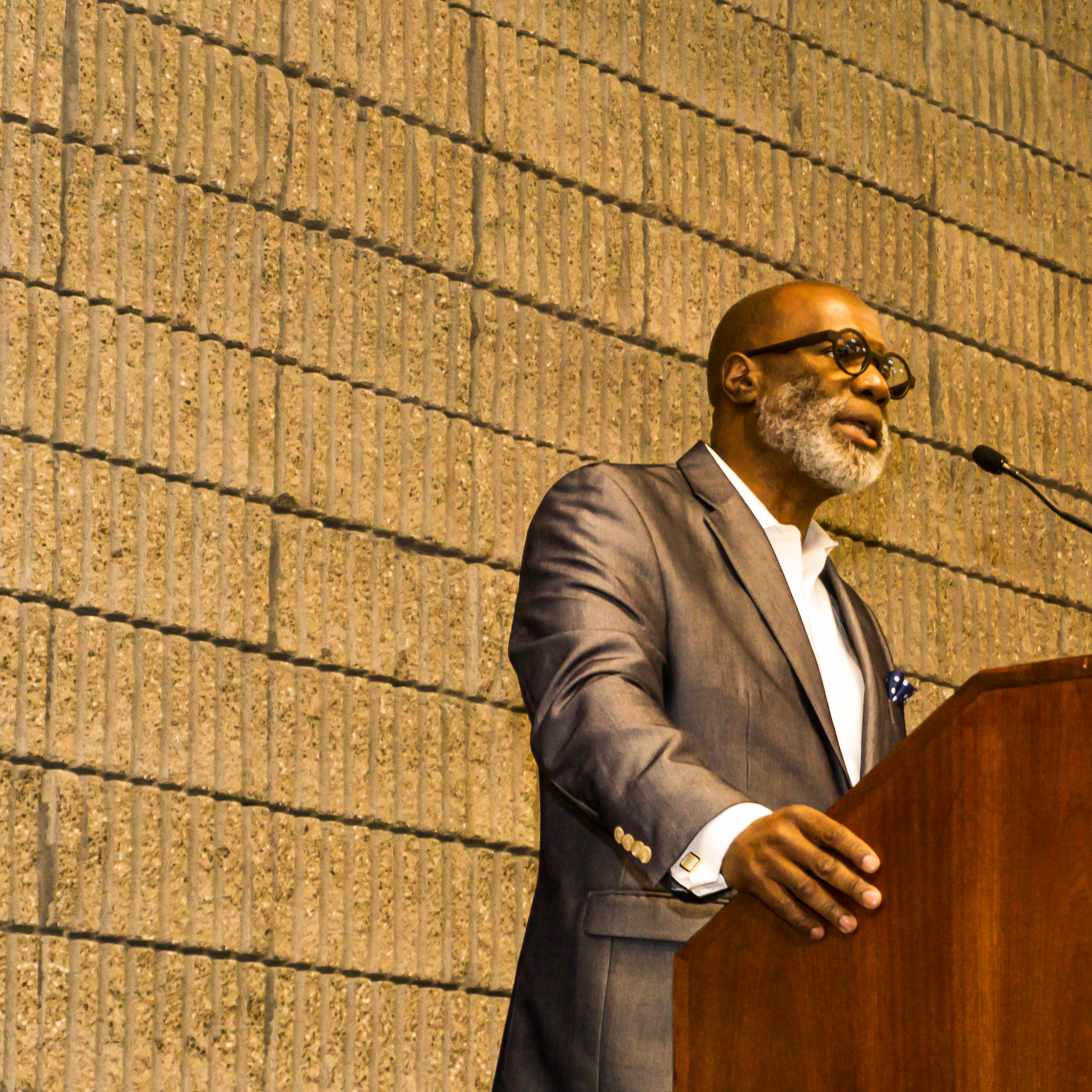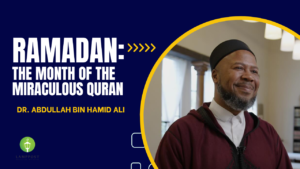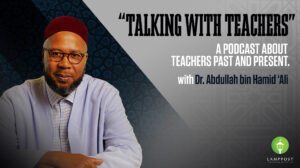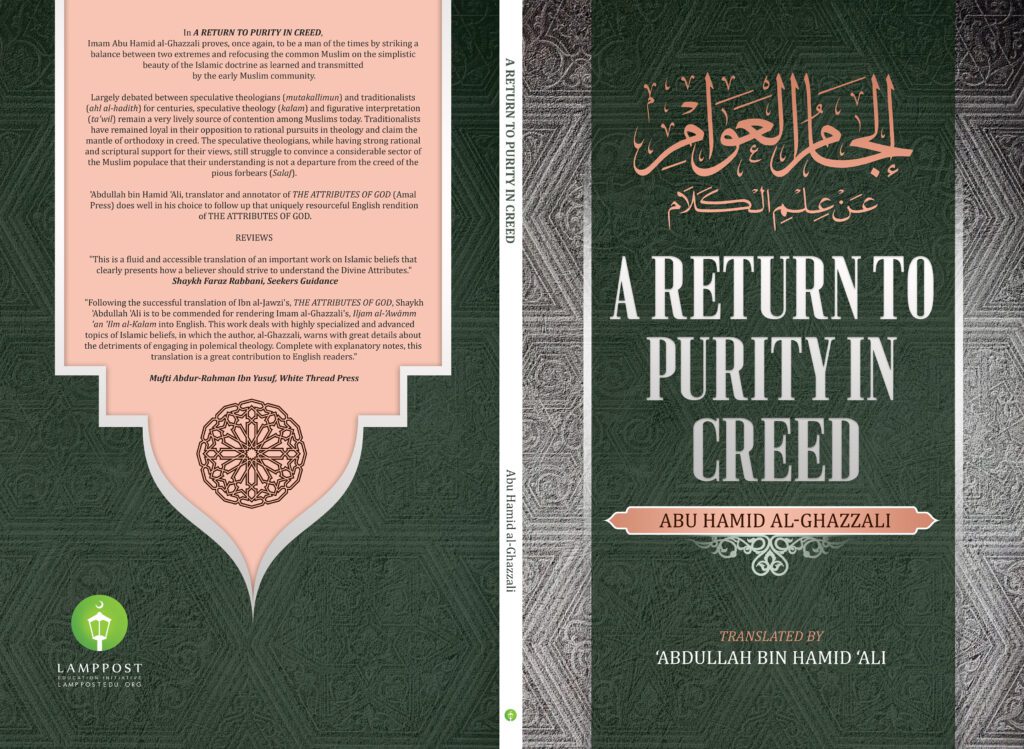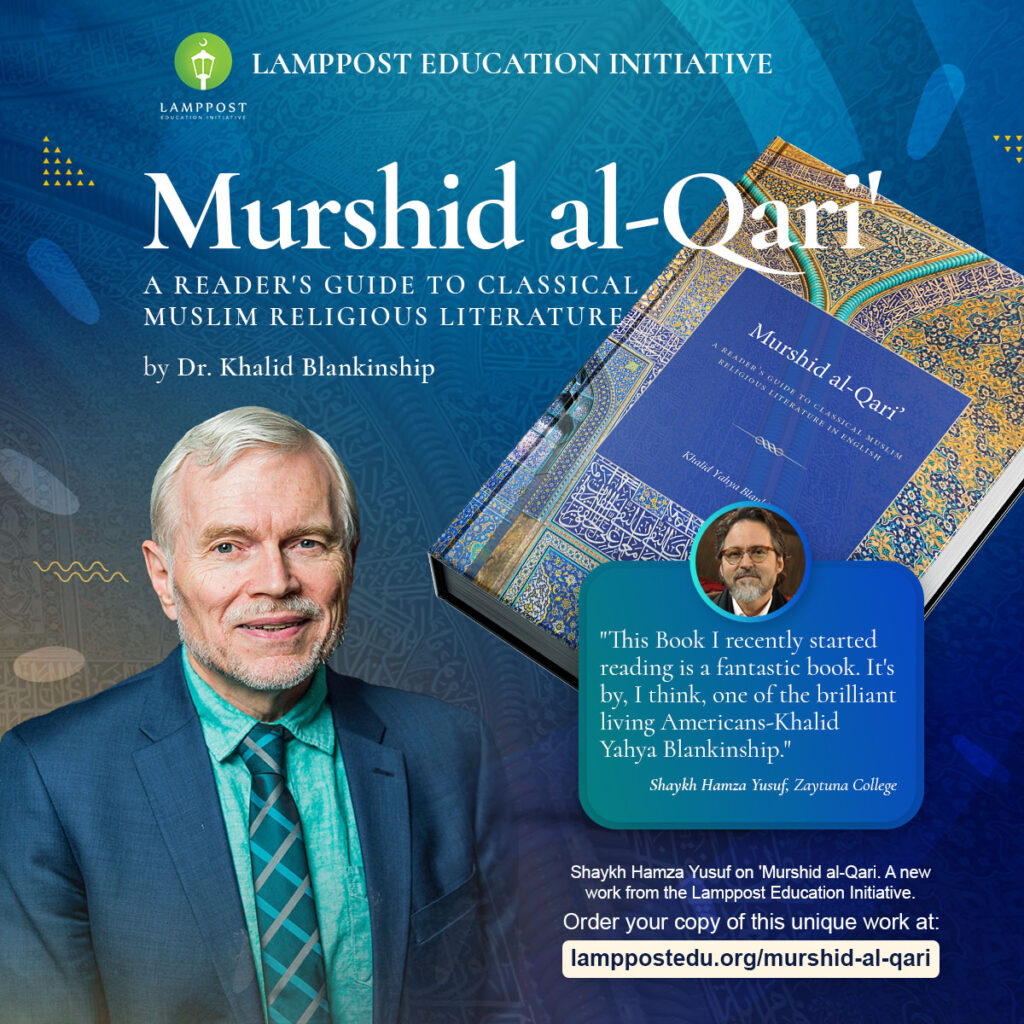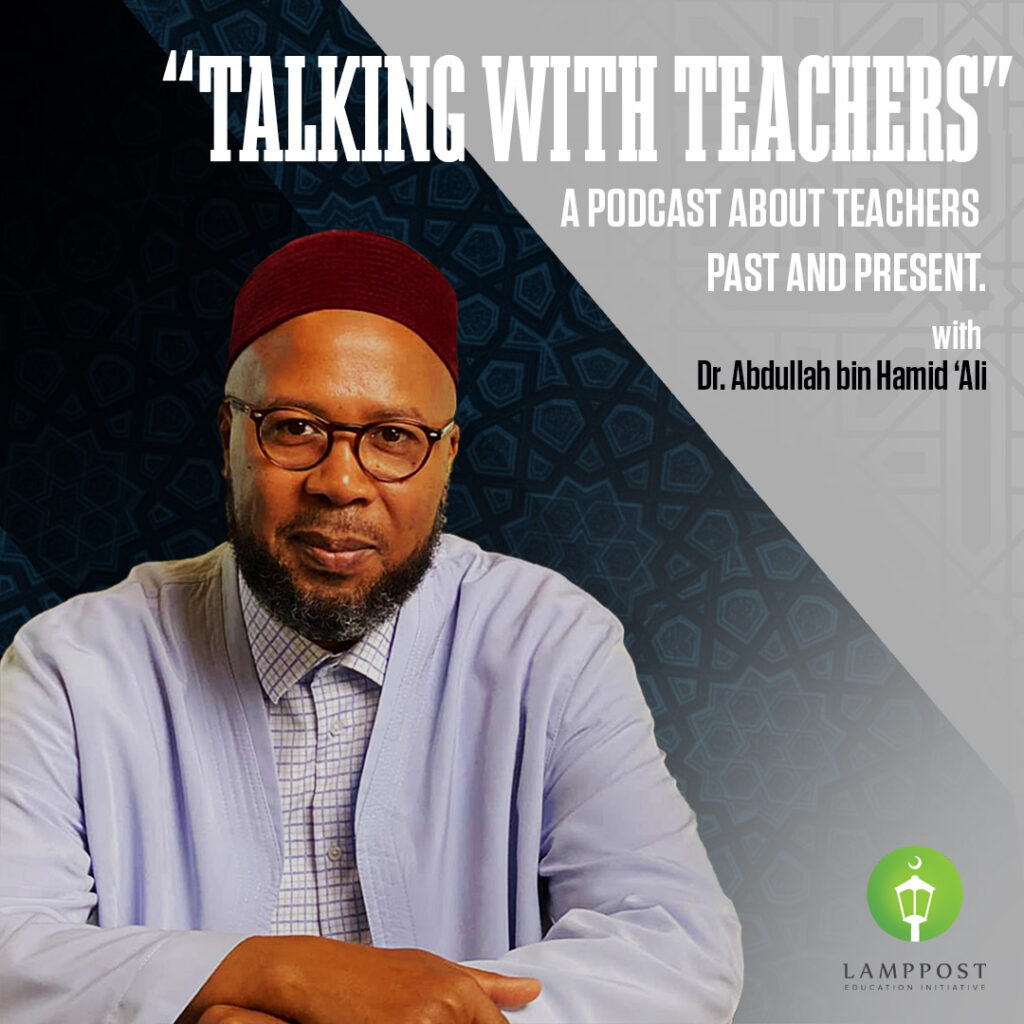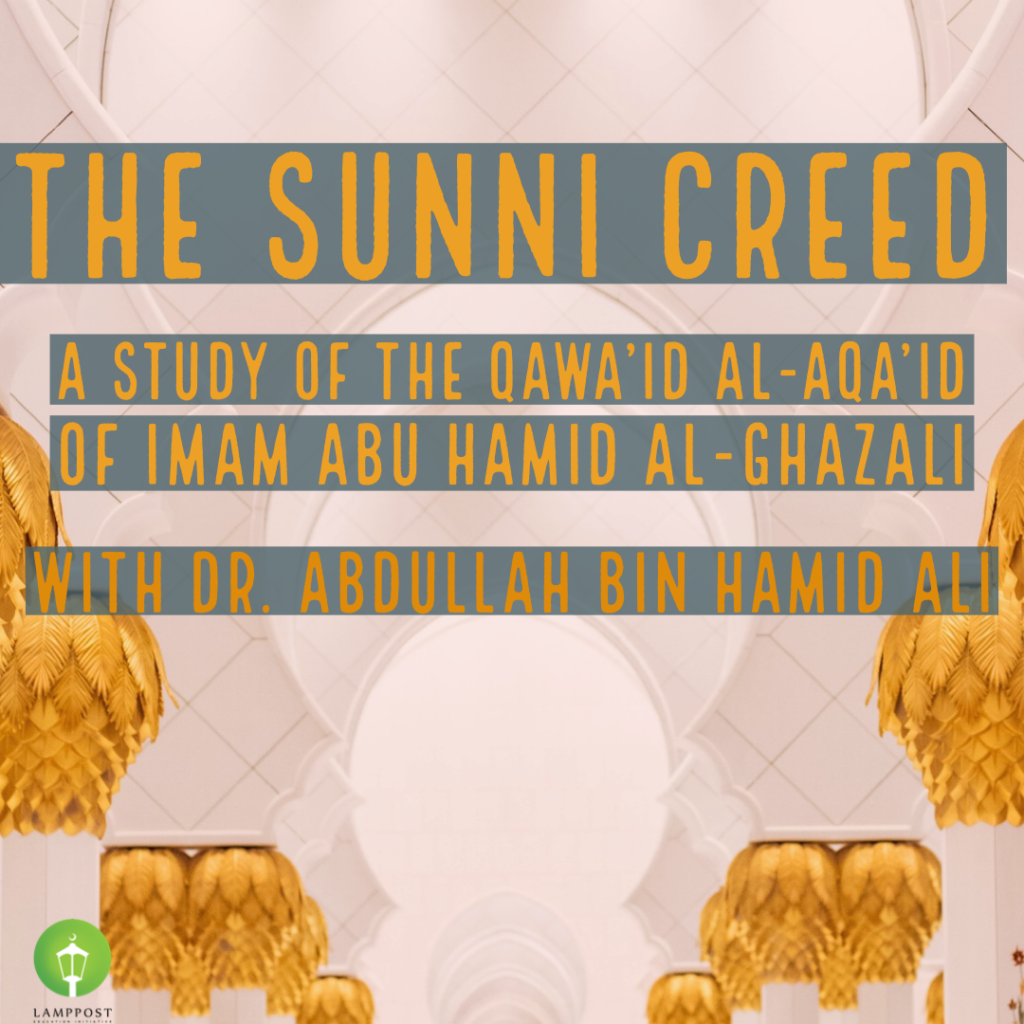Liberalism and the American Muslim Predicament
In his provocative book, White, Richard Dyer observes that the real power of American whiteness lay in its effective invisibility. While Hispanics, Asians, blacks and others are immediately recognized as raced, whites enjoy the presumption of being just “humans.” This raises their perspective above critique, since it presents it as being above the biases and limitations of any particular history, ideology or culture. This in turn allows whites to speak for “humanity” as a whole, while raced people can only speak for their particular “race” or “culture” . This entrenched, inscrutable invisibility is also the secret behind the power and pervasiveness of liberalism today. Words like “freedom,” “equality,” “reason,” “tolerance” are commonly used without the slightest understanding or hint that their users are invoking liberal freedom, liberal equality, liberal reason or liberal tolerance. Faced with these deployments, Muslims often find themselves debilitated by the feeling that they are fighting a losing battle, stuck in a perpetual mode of apology, hopelessly strengthening and reinforcing their inquisitors’ indictments with every would-be response, like the proverbial husband faced with the question of whether he has stopped beating his wife yet.
Of course, liberalism is a varied and evolving construct. As such, any blanket critiques of it will rightly draw charges of over-generalization. At its core, however, I think the genius of certainly the most popular form of liberalism can be summarized in the notion of the human self (or mind) being capable of standing outside all concrete and specific culture or history, and from there apprehending universal values that are appropriate to all humans and all human societies. In short, the ability to speak from nowhere and therefore for everywhere is fundamental to the DNA of liberalism . Liberal reason is thus universal reason, as are the values it produces. Liberal freedom expresses itself, meanwhile, in the ability to detach and liberate the individual from the constraints and shackles of tradition and all authorities external to the self. The liberal self is equal to (since indistinguishable from) all other selves; it is tolerant, since it recognizes that the path to universal truth is a process through which all humans must be permitted to pass. Beyond these substantive features, we might note something about liberalism’s historical provenance . Liberalism emerges out of an historical context where the greatest threat to human freedom, equality, tolerance and even rationality was perceived to be religion. It was not only the so-called European “Wars of Religion” but also the heavy-handed domination of religious institutions as well. Thus John Locke advocates the removal of religious issues from public debate, bidding the civil authority not to set itself up as the policeman of orthodoxy. Meanwhile, Emmanuel Kant declares the Enlightenment to be “a way out” of the tutelage in which men and women are held by religious authorities: “Have the courage to use your own reason! … Laziness and cowardice are the reasons why so great a portion of mankind … remains under lifelong tutelage and why it is so easy for others to set themselves up as their guardians” . Of course, both Locke and Kant were believers. But the subsequent history of liberalism would reverse the concern with protecting religion from government to protecting government (and often society at large) from religion. Muslims — to the extent that they know their pre-modern history — may not identify with much of this legacy. But it is almost certainly a combination of the European past, the decadent, authoritarian Muslim present and the specter of the American Christian Right that continues to sustain the power and relevance of liberalism today.
This thumbnail synopsis might telegraph a certain negative attitude toward liberalism. In truth, however, liberalism must be credited for its share of critically positive contributions to the modern sociopolitical universe. If nothing else, its cherished ideals of freedom , equality, tolerance and rationality have helped lubricate the gears through which modern society has transitioned out of much of the bigotry, insensitivity, insularity , hierarchical blindness and stale categories of the pre-modern world. This transition has deeply informed our sociopolitical sensibilities and infused our interpretive prisms with possibilities that might otherwise remain beyond our imaginative capacities . If we take, for example, American constitutional interpretation, it is difficult to imagine the First or Fourteenth amendments being interpreted as they have been on matters of religion, race, gender, free speech and the like absent the relentless proddings and insistences of explicitly liberal versions of equality, liberty, tolerance and the like . In countries that boast many of the same substantive constitutional provisions we have , we do not see these legal stipulations doing anywhere near the work they do in the U.S. I have little doubt that the sum-total of cultural and sociopolitical sensibilities that liberalism has bred among Americans explains much of the difference .
And yet , liberalism remains susceptible to the same idolatry (though it would not likely call it that) that it decries in religion: the tendency to absolutize and totalize values , principles and points of view to the extent that liberals often end up disguising (and thus perpetuating) the very subjugation and domination they claim to want to eradicate. This is eminently reflected in the most popular form of political liberalism, which basically requires that individuals vindicate themselves in public debate by reference to “liberal reason.” This is not the preserve of anyone’s specific religious, ideological or historically constituted community ; it is a form of “public reason” that is supposed to belong to no one and thus to everyone . But it is precisely here that we begin to see a convergence of liberal slights of hand . By imagining a public reason on which we all have equal purchase, we also imagine a public space that is neutral. Clearly, however, our histories and other specific endowments come with us into the public space, alongside our respective traditions of reasoning. But how can the “reason” of the historically dominated, marginalized or feared ever be equal in the court of public opinion to that of the historically dominant , exemplary and feared (though a very different kind of fear) ? And inasmuch as equality cannot be operationalized without an exemplar by means of which we can assess whether I am being treated “equally” (equal to whom ?) , does my equal treatment always necessarily deliver me from domination? If tolerance (especially liberal tolerance) can also anesthetize me out of a recognition of my individual or collective distinctness, might not tolerance end up serving the one who “ tolerates ” me more than it actually serves me? And if liberal freedom must be exercised in a context where cultural, historical or civilizational Others totally control the means of producing and disseminating the ideals and images that define what I might want to be free to pursue, am I always necessarily better served by more rather than less freedom? Of course, these are difficult arguments to make in light of how pervasively liberal sensibilities permeate American society. But I suppose I might take some solace from the Indian scholar Ashis Nandy : “ Better to be a comical dissenter than to be a powerful , serious but acceptable opponent . ” I may not be able to defend affirmative action , my lack of daily fear of “ terrorists ” or the sexual mores of Islam on the basis of any “ neutral ” public reason . But my historical , familial , religious and communal endowments might imbue me with a regime of knowledge and values that is closed to those who do not share these inheritances.
Of course, it is precisely here, in the conflicts over commitments that are closed and unshared, that liberalism finds its mandate. But, as Stanley Fish has vigorously argued, liberalism starts out saying that unshared, closed commitments cannot be bridged; then it goes on to somehow synthesize these into a “common ground.” But, “the strategy of finding common ground assumes a capacity that has already been denied by the framing of the problem.” In reality, common ground routinely turns out to be little more than one of the competing perspectives raised to the status of “common sense” followed by a declaration that those who resist, violate or fail to recognize this standard are unreasonable, primitive or morally depraved — even perhaps a threat to society. Practicing Muslims will deem adultery to be wrong and sinful, not because it constitutes “cheating,” but because God says so and because it breaches the kinds of practices that produce and sustain good Muslims. If liberalism calls upon them to convert this commitment into a rationally defensible position, is the fact that the dominant liberal culture in America wields a more prestigious regime of rationality enough to prove the moral inferiority or ridiculousness of this commitment? If so, what investment should Muslims maintain in liberal “rationality”? Might not another regime of perfectly respectable rationality suggest that it is more reasonable for Muslims to pursue the good of Islam over the ostensibly universal good of liberalism? And while one may seek in the name of liberty to liberate oneself from the constraints of a ban on adultery , is it any less a quest for freedom to pursue God’s pleasure unmolested by alien, secular criteria for validation ?
This kind of talk makes many Muslims extremely nervous ; they see it as fodder for Islamophobes (including many conservatives — go figure!) who will use it to justify Western indictments of Islam . But if the liberal good (rationality, freedom, etc.) is truly universal , how is it that over a billion humans fail to recognize it as such? The fact is that for all its affirmations and assurances to the contrary, liberalism does not — and cannot — speak from the perspective of no one and everyone. Liberals are just as embedded in culture, history and sociopolitical situation as anyone else. And here we must note a crucial distinction between liberalism’s ideals and liberals’ concretions of these ideals . Freedom , equality and rationality may simply assume different dimensions and contours, depending on the perspective from which they are interpreted and applied. Today , liberalism’s perspective tends to be largely white, Western, secular (or post-Christian) and, as many feminists would note, male. As such, liberal concretions routinely amount to “false universals,” expressions of arguably universal values (e.g., freedom or rationality) calibrated to the unique sensibilities, perspective and interests of liberal proponents .
And here we come to “the Muslim predicament , ” especially in the West . Because liberals have largely succeeded in monopolizing the meaning of the fundamental principles through which we negotiate modern life (freedom, equality, tolerance, rationality, etc.), Muslims find themselves only able to claim these when their claims comport with liberal definitions thereof . And when their scriptural sources or traditional authorities appear to be out of sync with these definitions , Muslims find themselves in the position of George Orwell’s Winston: “How many fingers am I holding up, Winston?” From here they proceed, often on painfully tortuous logic, to try to reconcile every aspect of Islam with the reigning liberal paradigm . In this context , Muslims — and especially Muslim children — can never simply be themselves . Rather , they are condemned to a dark, musty and lonely world of quiet, subjunctive, nervousness (W.E.B. Du Bois’ “double-consciousness” on steroids), as they try to vindicate their identity and commitments — both to themselves and to the world around them — through processes of rational justification over which others preside as owners , even as they themselves continue to be cast as the greatest threat to basic human welfare .
To be sure , this raises serious questions about the place of Muslims in a liberal society . This is a larger issue than we can manage here . But we might consider the following as a start . First , democracy is one thing , liberalism another . America must remain a democracy . Whether or not it remains liberal is a matter of negotiation (and I personally do not see “conservatism” as the only or optimal alternative). Second, we should not be too quick to equate the above-cited problems with liberalism (major though they may be) with a categorical contradiction between Islam and liberalism as a whole . For this would negate the undeniably liberal elements in Islam itself. To take just one example, liberalism’s commitment to tolerance calls upon people to support the rights of others with whom they fundamentally disagree . Islam never agreed with Christianity or Judaism or Zoroastrianism or with many of their practices . Yet , it upheld their right both to exist and to practice things Islam held to be repugnant . Finally , Muslims ’ recognition of Islam’s own internal mechanisms for accommodating others is likely to be a much firmer and more reliable basis for Muslim tolerance and mutual recognition of non-Muslim Americans than is a liberalism that they routinely experience as a threat.
What about the way forward? I think Muslims have a lot of serious work to do in figuring out their normative relationship with liberalism, and Muslim intellectuals have a major role to play in this regard. I think Muslims must be careful not to overreact to liberalism, on the one hand, and not to overinvest in the Muslim past, on the other. In the meantime, Muslims will have to find the fortitude to stand up for their values, in the same way that liberals stand up for theirs. This will be difficult, if for no other reason than the fact that liberalism tends to break down communities into individual, autonomous parts, leaving Muslims with the thought and feeling that they are isolated individuals who have little choice but to conform to what are presented as “societal norms.” The fact of the matter is that, whether it’s adultery today or wine drinking tomorrow, there are going to be rules and values in Islam that run afoul of the “universal” values of liberalism or the liberal processes of validation through “public reason.” Muslims have to get comfortable with the fact that dissenting from all this makes Islam no more a threat to America than Judaism, Christianity or atheism. Nor does running afoul of liberal concretions of liberty or rationality make Islam any less true today than it was before the rise of liberalism itself.
I would like to close by pointing to another potential hidden effect of liberalism, especially on Muslims: the pervasive notion that reason, autonomy and freedom are enough to move humans to right action and sustain their commitment to moral and religious principles. I come from a generation (or maybe it was just the culture of my neighborhood) that upheld the “18-and-out” rule. At 18, I was in my own apartment. By the time I was 20 or so, however, my father (who only had a fifth-grade education) had turned into a genius. The lessons, values and practices he had imparted to my brothers and me (I had no sisters) as a part of our family tradition proved far more effective in many instances in guiding me to balanced decisions than the unschooled dictates of my autonomous, freely exercised reason. Muslims, on the other hand, seem to think that “knowledge” and “reason” — the ever idolized ‘ilm and ‘aql — are the singular keys to producing good Muslims. But I would submit that producing good Muslims may be more like training a good basketball team than it is like training students in philosophy 101. Team members must learn the rules of the game, to be sure; but their talents and instincts can only be refined, educated and maximized through practice. Those who know the rules but never come to practice are simply not likely to be good players; for they are never likely to be inspired or primed to rise to their best selves. Beyond all the lectures and blogs, Muslims need institutions, spaces and sites of direct encounter that sustain the practices and engagements that refine and educate Muslim souls. And while the mosque would seem to be the natural candidate, the effectiveness of mosques is basically neutralized by the tendency, on the one hand, of the entrenched to universalize and absolutize a single approach or practice (like doing nothing but shooting three-pointers) and by the tendency, on the other hand, of “everyday Muslims” who are so saturated with the value of autonomy and (liberal) freedom (in its popular understanding) that they abhor anything that smacks of discipline let alone constraint (they just want to play schoolyard ball). Attempts to invoke or operationalize even the most basic values or sensibilities of Islam are all too often experienced as negative indictments, whence the ubiquitous refrain, “Don’t judge me.” In the end, we end up with a lot of talent, a lot of dropouts (who still show up for the big game — Eid?), a bunch of pseudo-coaches and countless commentators, but never a team that has a snowball’s chance of winning. As corny as it may sound, all this ultimately brings us back to the simple value of Muslim unity — not uniformity. For only in unity can Muslims establish and give the needed multiplier effect to the knowledge, practices and “soul-support” that can sustain them as Muslims and enable them to face, with dignity and poise, the kinds of challenges, responsibilities and opportunities that any attempt to live a God-centered life is likely to bring. And God knows best.
Taken from The Islamic Monthly
Sherman Jackson is the King Faisal Chair in Islamic Thought and Culture and Professor of Religion and American Studies and Ethnicity at the University of Southern California.
See more of Dr Sherman Jackson’s work HERE

